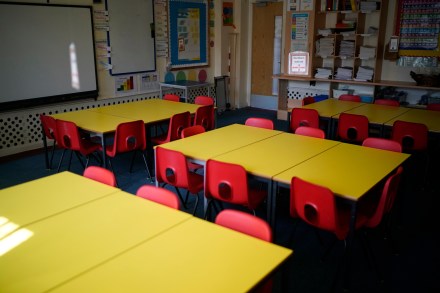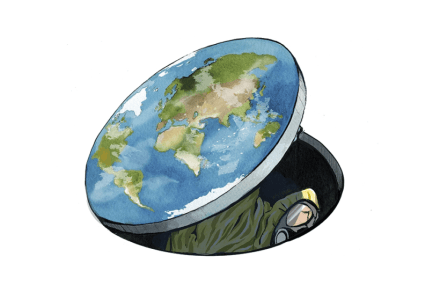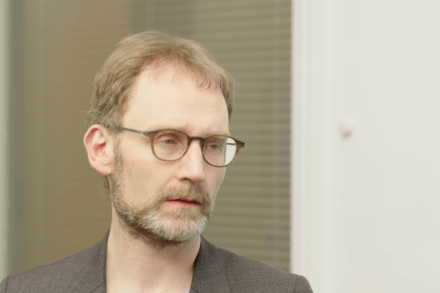This is not a natural disaster, but a manmade one
Should our future permit an occupation so frivolous, historians years from now will make a big mistake if they blame the nauseating plummet of global GDP in 2020 directly on a novel coronavirus. After all — forgive the repetition, but certain figures bear revisiting — Covid’s roughly 290,000 deaths wouldn’t raise a blip on a graph of worldwide mortality (reminder: 58 million global deaths in 2019). Covid deaths will barely register in the big picture even if their total multiplies by several times. For maintaining a precious sense of proportion, check out some other annual global fatalities: influenza, up to 650,000. Typhoid fever, up to 160,000. Cholera, up to 140,000.





















